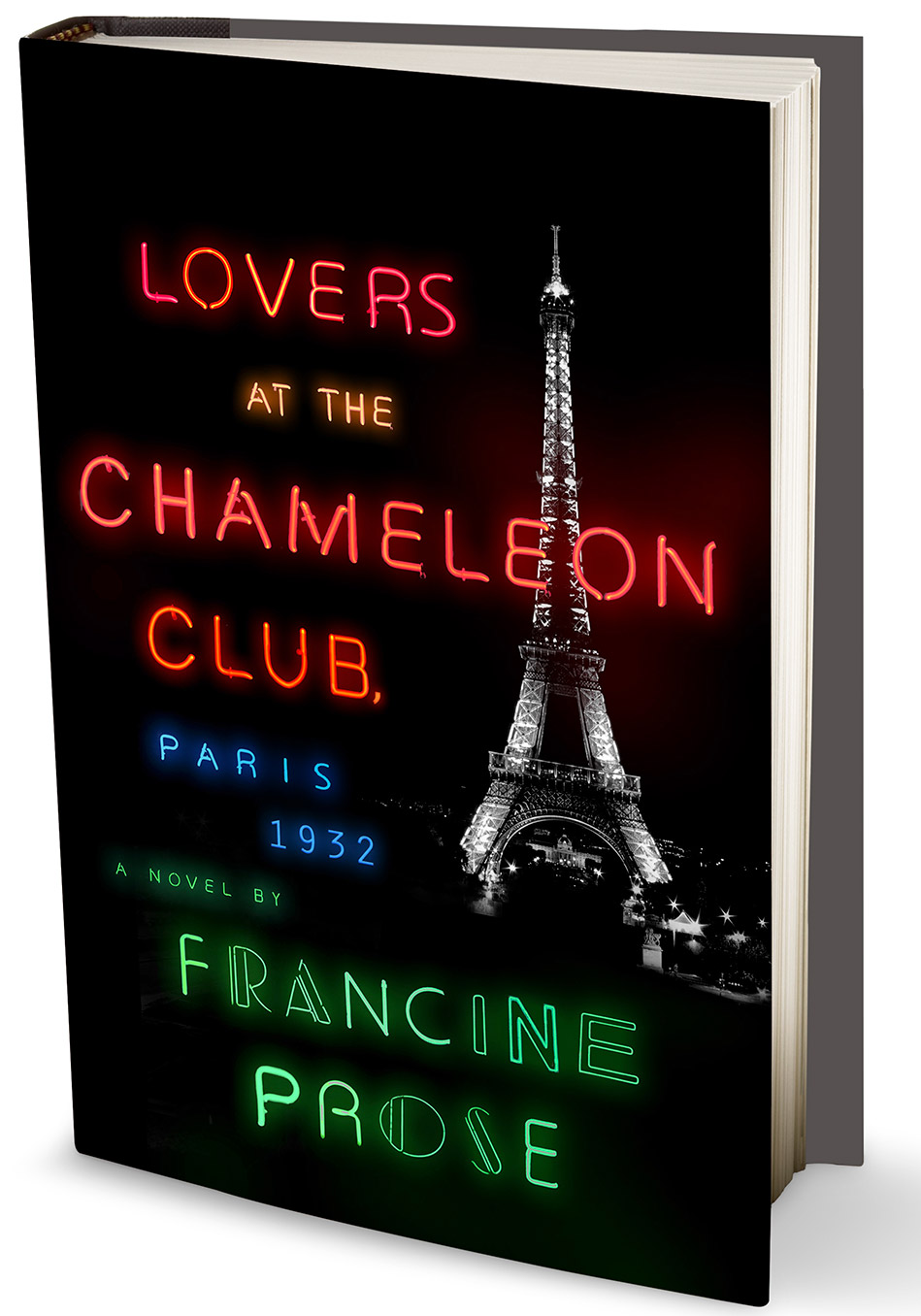
A thousand thanks to my literary mentor and friend Linda Holland for awarding five stars to Mr. Rhodes' exquisite novel, "Jewelweed." Linda is not prone to lavish praise unless it is really deserving. So the question is, why haven't more of us discerning readers heard of this book? Do you know that I actually had an advanced readers' copy sitting in my bookcase for months and hadn't even given it a second thought.
Like a dinner of plain old down-home cooking, Mr. Rhodes serves up simple sentences so crystal clear that each of the five senses are on high alert. No obfuscation, no high fallutin' phrases, but simple prose that pulls you into the story and doesn't let you go. We are in Words, Wisconsin, after all, a small town, yes, but a microcosm of every city everywhere.
What's so special about this book? To begin with, David Rhodes loves and respects each and every one of his characters. He treats them tenderly. They have troubles, they make huge and small mistakes, they suffer from alienation, false pride, misplaced assumptions, loneliness, and all of the other foibles that make us human. Mr. Rhodes is kind to these people and, in being so, he is kind to us as readers. I can't help but feel that he must be a lovely person, one you would want to know.
There is a plot, but it's not really necessary for me to retell it. This is a full-on, character-driven story about people whose lives intersect at just the right moments in their lives.
Why did Pastor Winifred feel the urgent need to go to the supermax prison to meet and talk with Blake Bookchester? He'd already been incarcerated for ten years for a small-time crime that was exacerbated by Blake's stubborn temper. Now he's due for parole. Might Winifred reach him through her constant gift of books? Help him acclimate to his freedom after his release?
How is it that Winifred's dreamy, scary smart son August befriends Ivan? Of all the kids at school, these two misfits seem to have an almost immediate, mystical kinship. And though Ivan's mom, Dart, distrusts everyone, scarred by years of bad men and broken dreams, she cracks open her heart just long enough to let Pastor Winnie in.
By doing so, Dart (actually Danielle) finds a job with the Roebuck clan, a multi-generational family with love to spare, a need for a no-nonsense cook/housekeeper like Dart, and an apartment for her and Ivan that's a huge step up from the one room dump over the meat locker in town.
And then there's Blake's dad Nate. A long distance trucker whose wife split when Blake was a kid, Nate did the best he could with Blake and still blames himself for Blake's downfall. Now he's a wreck. Blake may be released soon and Nate needs to get his rig home. He's been alone for so long he's unsure how the two of them will do together.
Avoiding the main highway, he takes a country road that leads him to a farmhouse where he stops to take a rest, accepting a kind offer of mashed potato pie from an elderly gent. In a glorious flight of magical realism, the very taste of the pie floods Nate's brain with memories of his cousin Bee, a woman he's loved since childhood. Could he ever reconnect with her?
When I closed the final page on this novel I sighed in pure delight. David Rhodes is a balm for the soul. This beautiful novel of time's healing properties, the eventual rightness of life, the ability to reconcile with the past, to forgive, to move on, is a joy to read. And the best news is that there's a prequel named "Driftless," which I've just checked out from the library. I'm willing to give my copy of "Jewelweed" away but it won't be easy. Comment if you'd like to share a wonderful reading experience!


